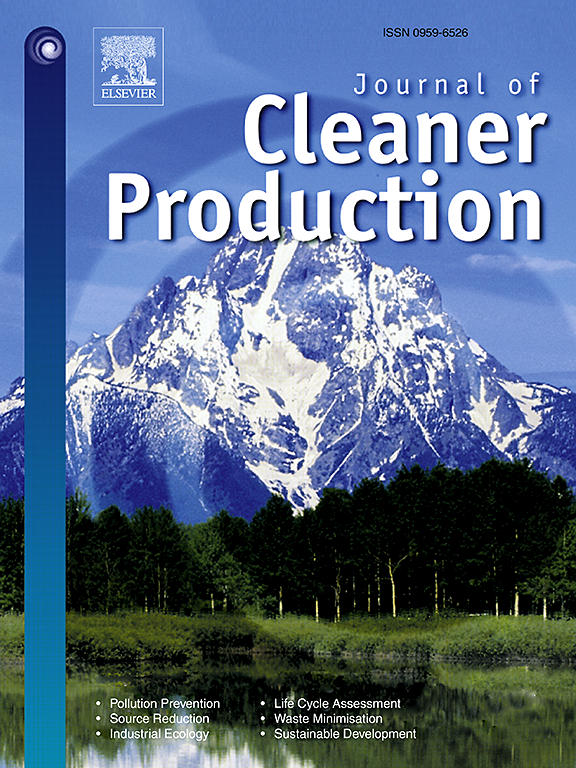
A consortium managed project in the Upper Indus Basin of Gilgit-Baltistan, Pakistan, supported the creation of women's collective farming. The component of the project related to water resource management for agriculture was implemented in Hunza district, where in three sites, the communities encouraged women farmers to engage in the pilot interventions related to innovative water resource management technologies and improved farming practices to overcome climate-induced issues for farmers. This paper analyzes the situation of women as collective farmers and its contributions to women's agency. The study used a gender analysis framework, and data was collected through quantitative and qualitative research methodologies in the project site areas. The study's findings show that climate change has created issues more for women farmers being at the forefront in handling and tackling the impacts through various measures. It shows that collective farming and networking is an appropriate tool for women to challenge norms and stereotypes that hinder them from being part of the decision-making at various levels. Furthermore, it helps women to minimize drudgery by sharing burdens, using appropriate technology, and sharing their successes and issues while working together. Based on the findings, this study suggests that policy decisions to implement such initiatives at a more macro level will help involve women at various levels of decision-making, minimize their drudgery, expand the choices of women farmers, and overall contribute to the agency.